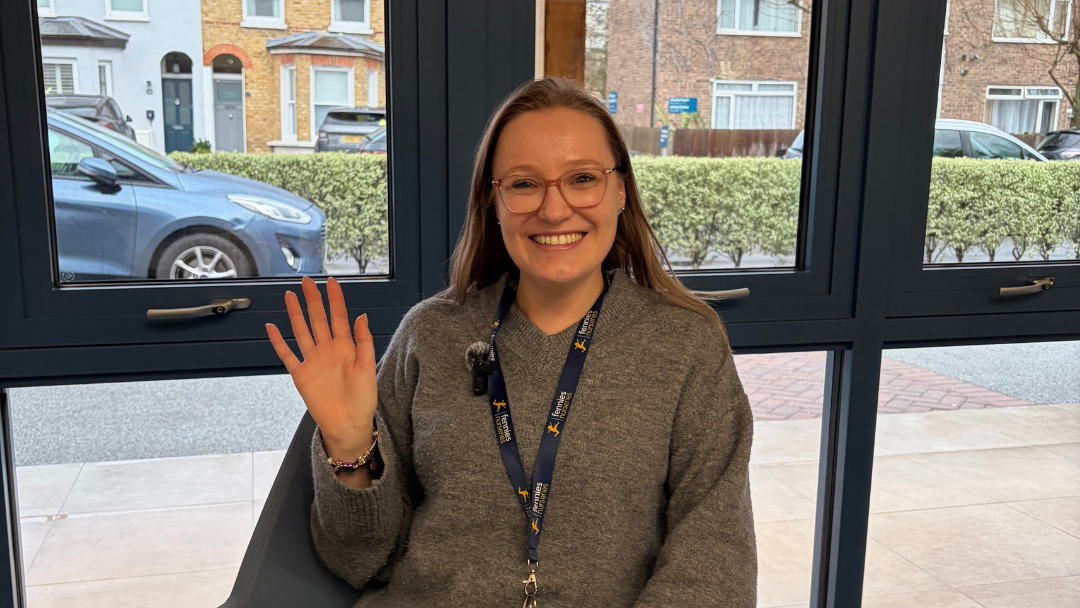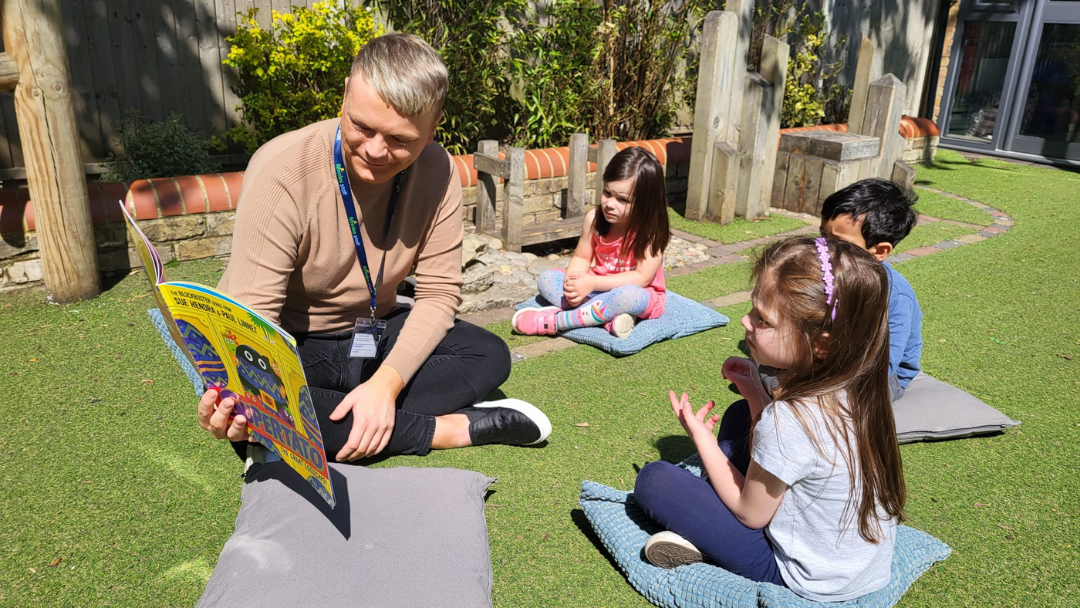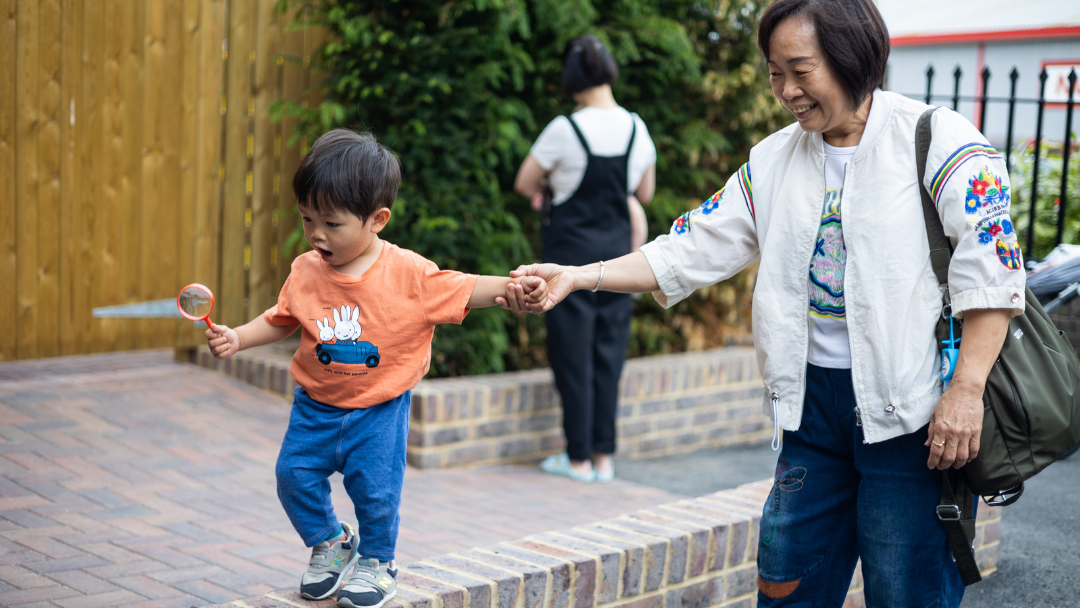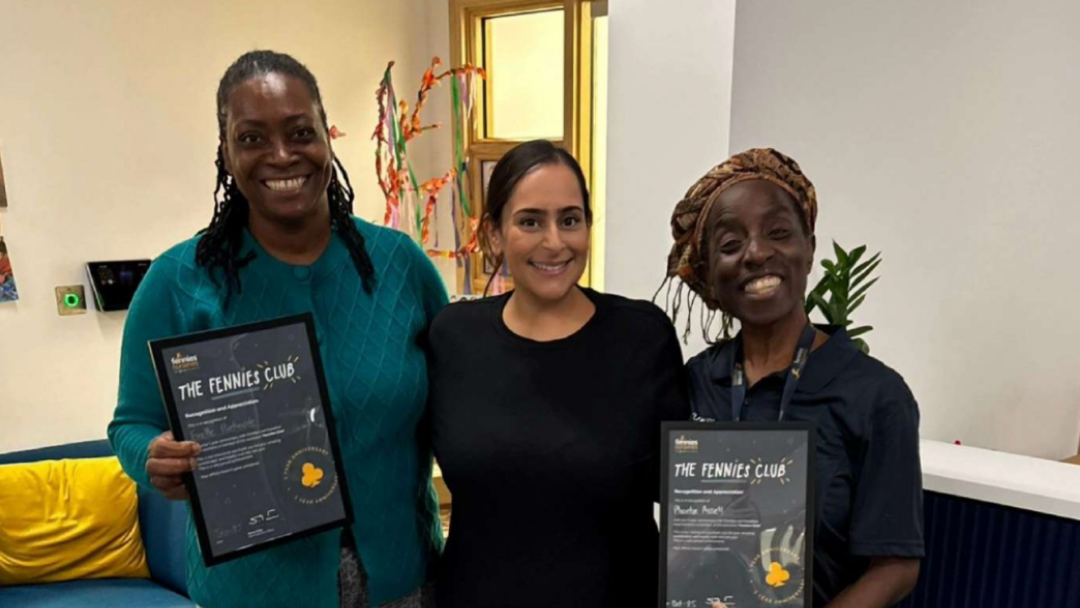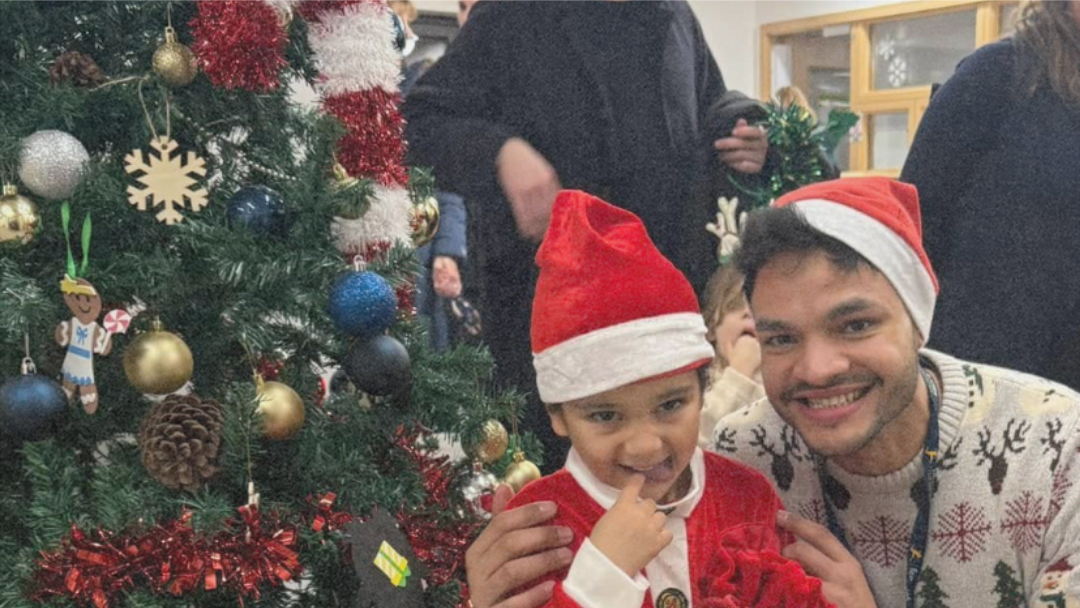Early Years educators play a fundamental role in shaping a child's learning, development and overall well-being. A highly skilled educator can inspire curiosity, build confidence and create a strong foundation for lifelong learning. To excel in this field, educators must cultivate key qualities that enhance their effectiveness and help them as they aspire to become leaders. This blog explores four essential traits: empathy, adaptability, strong communication skills and a commitment to continuous learning.
At Fennies, we celebrate individuality and recognise that every Early Years educator brings unique strengths to their role. Our DNA and People’s Promise pillar, Be Yourself, reflects our commitment to valuing diverse skill sets, perspectives and teaching styles. While this blog highlights certain aspects as key qualities, we know that there is no single path to becoming a great educator. That’s one of the reasons why we partner with CliftonStrengths, a tool designed to help our team identify their unique talents and empower them to use these strengths in their everyday practice. By understanding and embracing what makes them exceptional, our educators can create enriching learning environments that inspire both children and team members.
Empathy: Understanding And Nurturing Young Learners
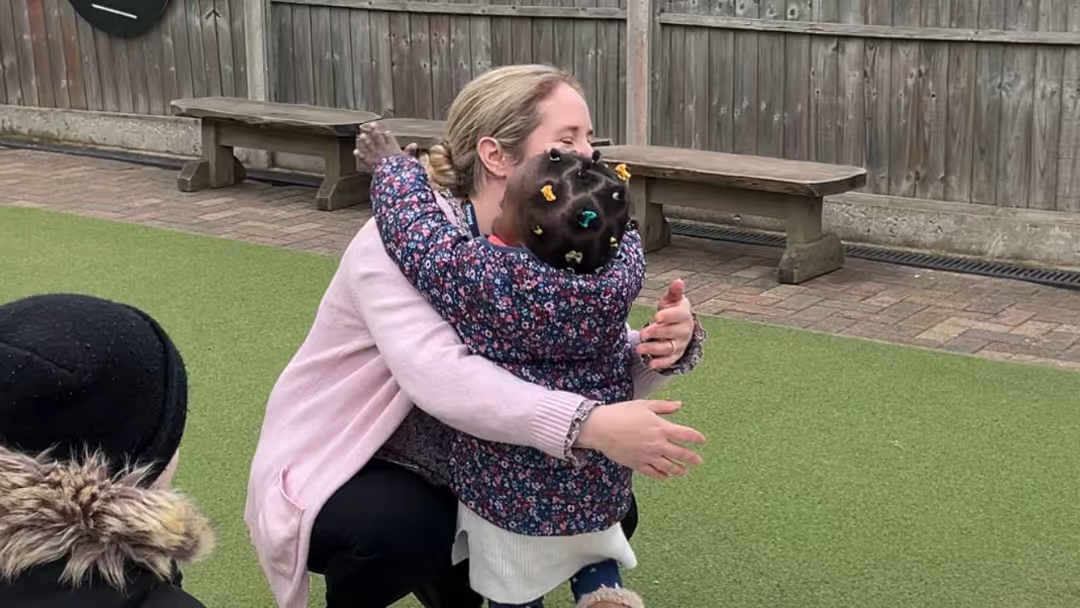
Empathy is at the heart of effective Early Years education. It enables educators to connect with children on an emotional level, understanding their unique perspectives and needs. A nurturing and supportive environment allows children to feel safe, valued and encouraged to express themselves.
Example Of Empathy In Action:
For example, an educator might notice a shy child hesitating to engage in group activities. By recognising the child's emotions, the educator can introduce small-group play or one-on-one interactions, gradually building the child’s confidence. This personalised approach fosters emotional security and social development.
How Educators Can Develop Empathy:
- Engage in reflective practice - Regular self-reflection helps educators evaluate their interactions and responses to children’s emotions.
- Seek feedback from families - Open communication with parents or guardians provides deeper insight into a child's experiences and needs.
- Encourage peer discussions - Sharing experiences with colleagues can offer new perspectives on handling different situations.
By embedding empathy into their teaching practice, educators can create a warm, inclusive and trusting learning environment where children can thrive emotionally and socially.
Adaptability: Embracing Change for Effective Learning
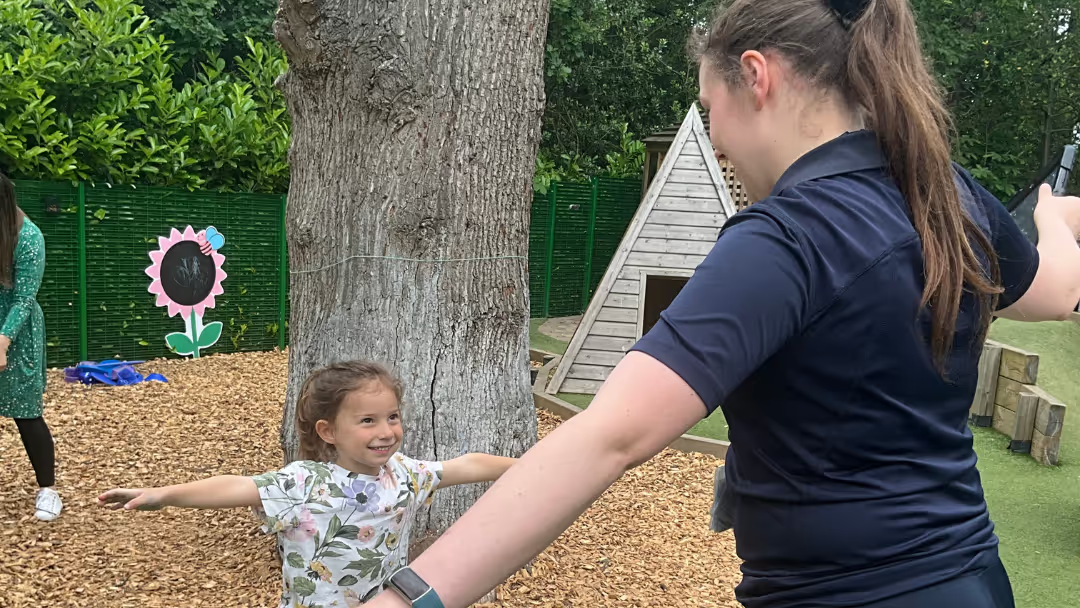
Early Years education is ever changing, requiring educators to adjust to different learning styles, unexpected challenges and the evolving needs of young learners. An adaptable educator can seamlessly modify lesson plans, teaching strategies and activities to maintain an engaging and effective learning experience.
Example Of Adaptability In Action:
An educator plans a nature-themed outdoor lesson, but unexpected rain disrupts the plan. Instead of cancelling the activity, they creatively introduce indoor sensory play with natural materials, keeping the theme alive while accommodating the change.
How Educators Can Enhance Adaptability:
- Participate in continuous professional development - Workshops and training help educators stay informed about the latest best practices.
- Collaborate with peers - Sharing ideas with colleagues can lead to new, flexible teaching strategies.
- Embrace a growth mindset - Viewing challenges as opportunities for innovation fosters a resilient and adaptable approach.
By embracing adaptability, educators ensure engaging, inclusive learning experiences that meet the diverse needs of every child, regardless of external circumstances.
Strong Communication Skills: Building Meaningful Connections
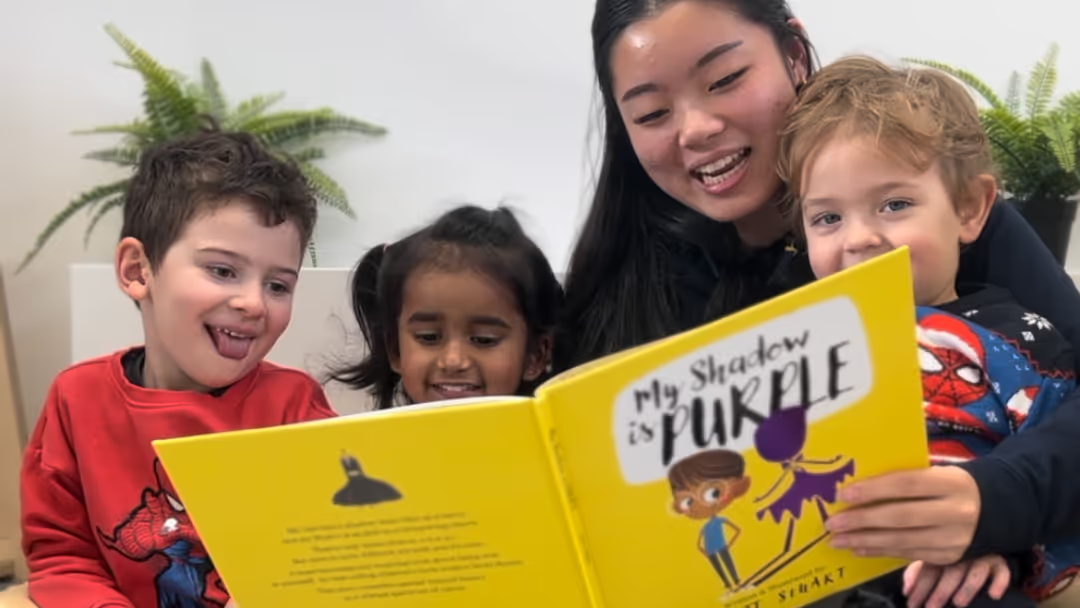
Clear and effective communication is essential in Early Years education. Educators must engage with children, collaborate with colleagues and maintain open dialogue with families to foster a strong support system.
Example Of Strong Communication Skills In Action:
A skilled communicator ensures that parents feel involved in their child’s development, strengthening the home-learning connection. For instance, an educator who provides regular progress updates, hosts workshops or shares newsletters helps parents stay informed and actively engaged in their child's learning journey.
Ways To Improve Communication Skills:
- Practice active listening - Giving full attention to children, parents and colleagues fosters understanding and trust.
- Attend communication workshops - Training sessions can refine verbal, non-verbal and written communication skills.
- Engage in community events - Involvement in school and local activities builds stronger partnerships with families and the broader educational network.
Strong communication skills enhance collaboration, transparency and inclusivity, ensuring that every child benefits from a well-connected and supportive learning environment.
Commitment To Continuous Learning: Staying Ahead in Early Years Education
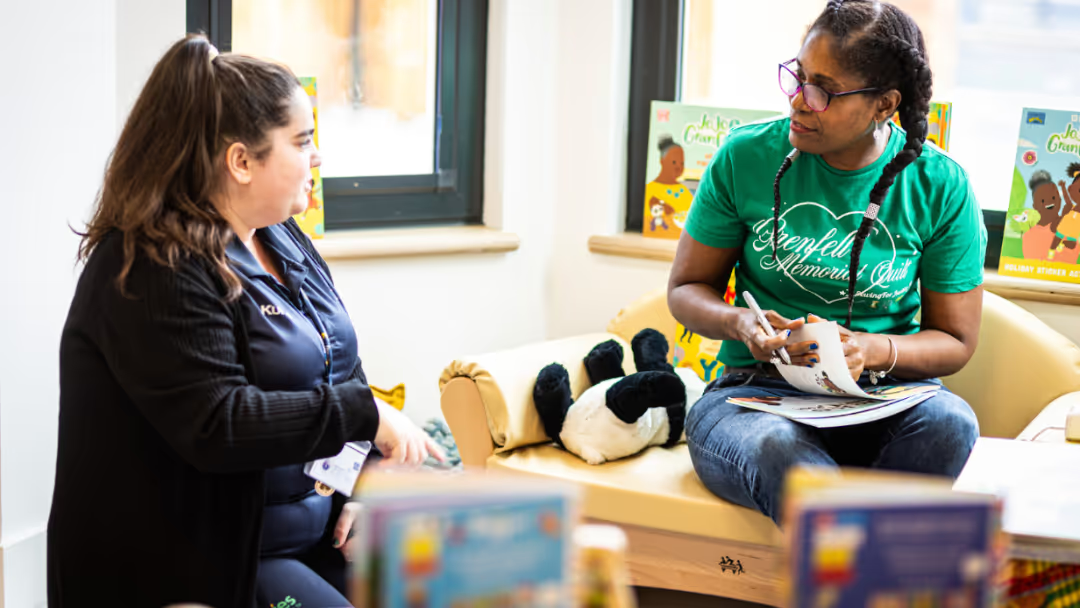
Education is constantly evolving, and successful Early Years educators remain committed to professional growth. Keeping up with the latest research, methodologies and best practices enables educators to deliver high-quality, innovative learning experiences.
Example Of Continuous Learning In Action:
An educator attends a conference on play-based learning and introduces new creative activities into their classroom. As a result, children become more engaged, and their problem-solving skills improve.
How Educators Can Stay Committed To Learning:
- Set personal development goals - Identifying areas for improvement encourages ongoing growth.
- Join professional networks - Membership in educational organisations offers access to new research and resources.
- Seek mentorship opportunities - Learning from experienced educators can provide valuable insights and guidance.
A commitment to continuous learning ensures that educators remain inspired, effective and impactful, ultimately enriching children's educational experiences.
Conclusion
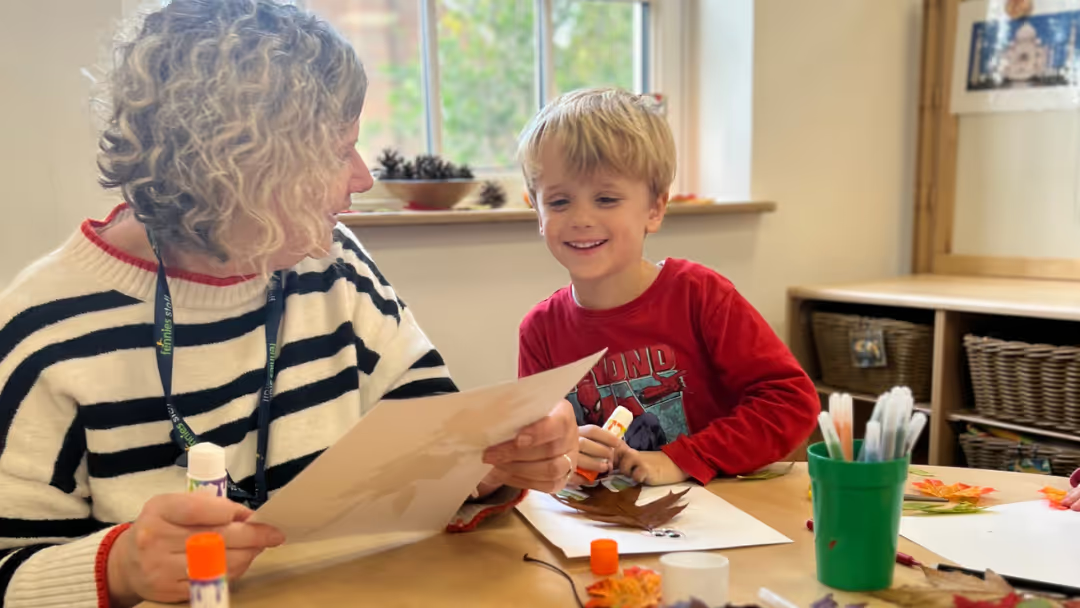
Becoming an outstanding Early Years educator requires a blend of empathy, adaptability, strong communication and a passion for lifelong learning. By developing these qualities, educators can enhance their effectiveness, foster meaningful relationships with children and families and create enriching learning environments that promote the holistic development of young learners. Investing in personal and professional development not only enhances an educator’s career but also shapes the future of young learners.
FAQ
Subscribe to our newsletter
Stay up to date with Fennies news

.png)
.avif)

